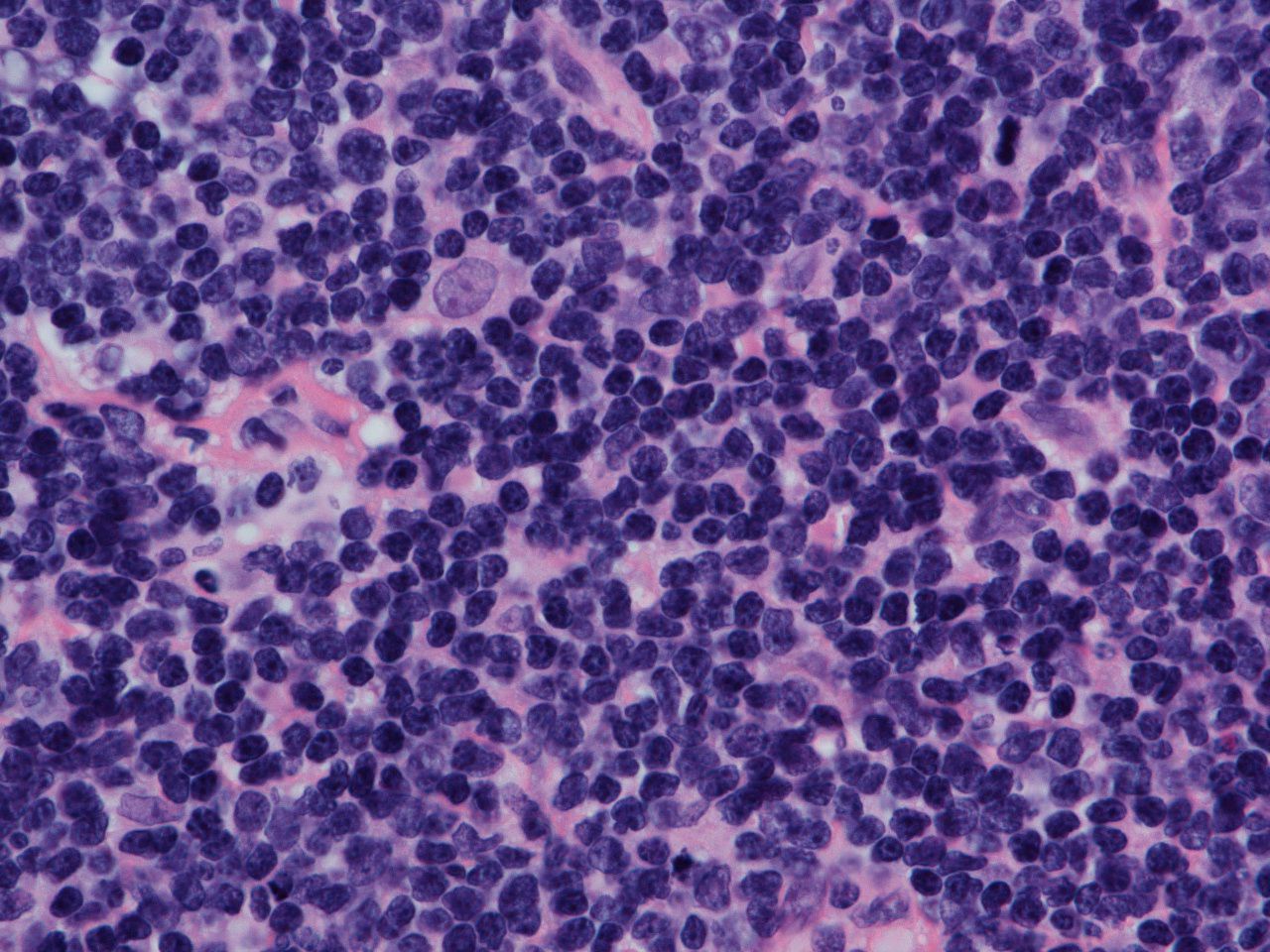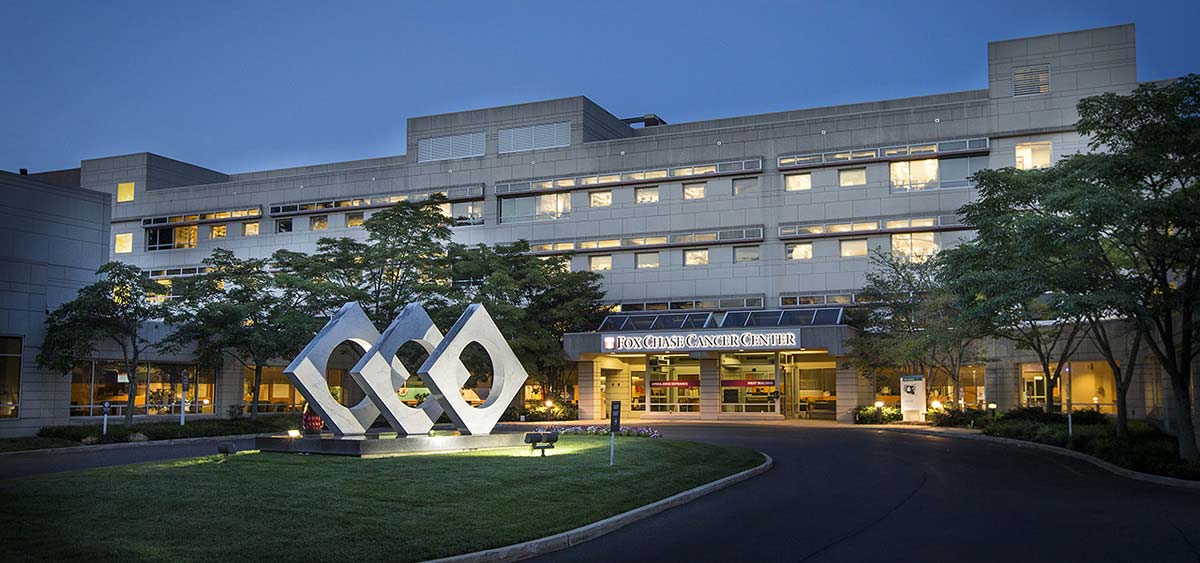
Now Enrolling: EA4181 Trial For Mantle Cell Lymphoma
November 1, 2019
Institution Spotlight: Fox Chase Cancer Center
January 14, 2020From the Co-Chairs, November 2019


By Peter J. O’Dwyer, MD (left), and Mitchell D. Schnall, MD, PhD
We thank all of you who participated in our recent ECOG-ACRIN Group Meeting in Fort Lauderdale. Attendance was again among the highest we have had for an EA meeting, and especially gratifying was the broad range of experience among the investigators who registered. We urge institutions to devote resources to helping early-career investigators, nurses and data managers, and allied scientists travel to our meetings. They bring back new ideas, new approaches, and collaborative connections that can complement and amplify existing institutional research activities.
With the goal of facilitating participation, our meeting will have a new format in Baltimore next May. We will start the meeting a day earlier (on Wednesday), and conclude by the middle of the day on Friday. This move is intended to diminish the impact on family activities and responsibilities. By condensing some of the administrative meetings, we plan to extend the time available for scientific committees; less overlap among committees will allow broader participation across disciplines, to enable better trials. We will also rework the schedule to maximize participation in our two plenary sessions: the Robert L. Comis Translational Science Symposium, and the General Session.

Progress in another direction was made in terms of the impact of EA in society, specifically in understanding cancer risk, and susceptible populations. At this meeting we were fortunate to be joined by Dr. Otis Brawley (pictured left), Bloomberg Distinguished Professor in both the School of Public Health and the Kimmel Cancer Center at Johns Hopkins. Dr. Brawley convened the first meeting of the Social Determinants of Health Working Group, a new forum that he is chairing to help us generate multidisciplinary studies that engage several committees. He also delivered a riveting address on this topic at the General Session. There was clear enthusiasm for novel ways of considering the cancer problem, and how our EA trials can impact it.
For early to mid-career investigators, these broader research directions are designed to complement the specific research questions in the discipline related committees. Both in the Big Data and Social Determinants areas, the need will also be to develop specific and detailed questions that will engage well-characterized patient populations. It sometimes appears that our research efforts are siloed, limited to a specific discipline. Scientific progress depends on the rigor that such a structure imposes, but the opportunity for new science often emerges from different ways of thinking about issues, and new approaches. We invite participation, and believe that these opportunities can lead to exciting discoveries.
Read the November 2019 issue here.![ECOG-ACRIN logo[19516]275×75](https://blog-ecog-acrin.org/wp-content/uploads/2021/03/ECOG-ACRIN-logo19516275x75.png)
